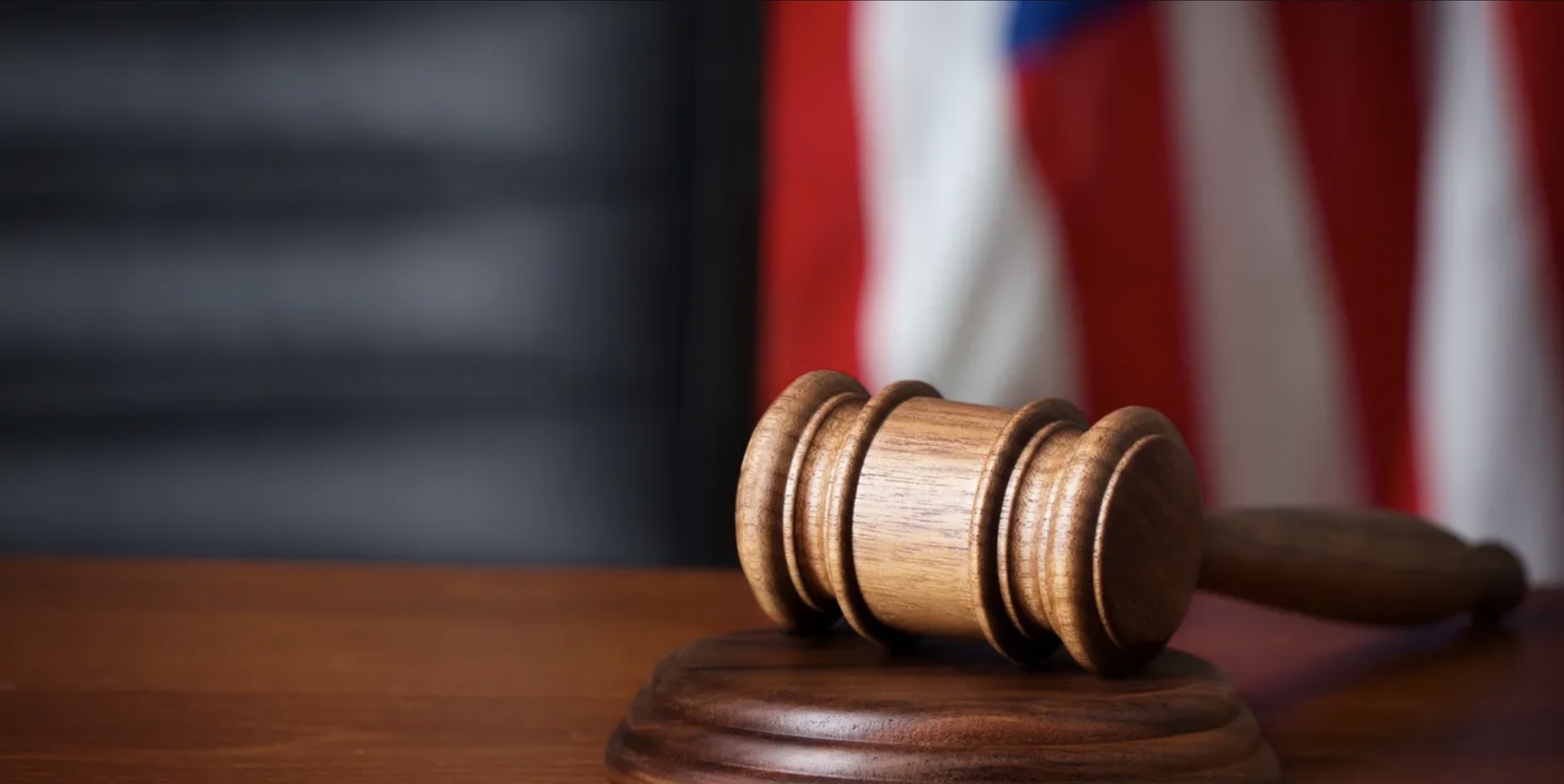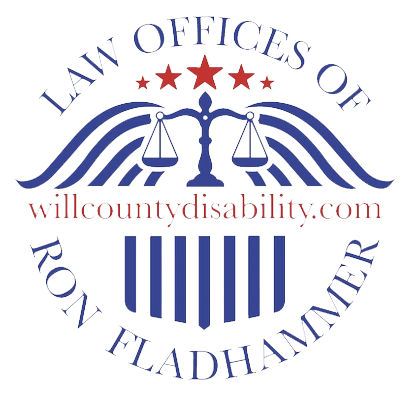
Social Security Hearing
What Should I Expect at My Social Security Hearing?
A Social security hearing is designed to be much less formal than court hearings. Although this is an informal hearing, there are a couple of procedures that are necessary to follow. All witnesses are required to testify under oath, so you will be asked to raise your right hand and take an oath to tell the truth. Also, it is important to remember that when you are testifying you can’t look to anyone, including your attorney, to help you answer questions. If you don’t understand a question, you can ask that the question be explained or restated, but nobody can answer for you.
The judge usually will begin your disability hearings by discussing the history of your case and the issues that will need to be decided. The judge will then usually begin by asking you some general questions, such as you address, social security number, etc. Next, the judge will ask some questions about any jobs you have done over the past 15 years. This is done to determine whether you could return and do any of these jobs with your current impairments. Next, the judge will usually ask you why you believe you are unable to work. This is your opportunity to explain, in your own words, why you feel that you are unable to work a full time job. When that questioning is done, the Judge will usually give your lawyer a chance to ask you some questions. Occasionally, if a claimant is well prepared to testify, the lawyer doesn’t have to ask any questions at all.
Some Judges may prefer to have your lawyer handle most of the questioning. If so, answer questions asked by your lawyer the same way you’d answer them if a person you didn’t know were the one asking the questions. Even though your lawyer knows all about your case already, it is important to keep in mind that the judge, who will decide your case, doesn’t know the answers until you say them. Although the judge will have read your file before the hearing, when you’re testifying, it is best to assume that the judge knows nothing about your case.
When you’re done testifying, your lawyer will be allowed to question any witnesses you wish to have testify at your hearing. It may be a good idea for your case to bring a witness to your hearing to testify in support of what you say, to give the judge details about your impairments and how they affect you, or to offer a different perspective on your medical problems. After your witness’s testimony is complete, a doctor or vocational expert may be called by the judge to testify. The vocational expert will be available to answer any questions the Judge may have regarding past work and what, if any, jobs an individual could do with your specific restrictions. The medical expert would be available to answer any questions the Judge may have regarding your medical conditions.
At the end of the hearing some judges may ask you if you have anything more to say. Its best if you don’t try to argue your case at this point — let your lawyer do that. Most judges will give a lawyer the opportunity to make a closing argument either at the end of the hearing or to be submitted in writing.
Most judges won’t tell you what their decision is at the time of the hearing. The Judge will close the hearing and a decision will be issued in writing, which will be mailed to you with a copy to your lawyer. Sometimes it takes quite a while, at least 4-6 weeks and sometimes longer, for the decision to come out, so it is important to be patient with this sometime frustrating process.
Let Us Help You Today
Ron Fladhammer has over 20 years of experience representing individuals who have been denied Social Security Disability and Supplemental Security Income benefits.
Our office hosts one of the only video hearing location sites in the state of Illinois, so there is no need to travel to any other location to have your hearing held. Our success rate is outstanding, and if your case is not approved, there are no attorney fees.

